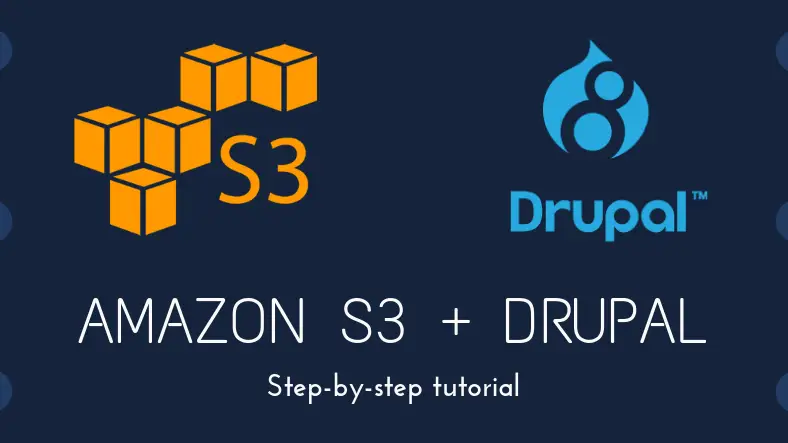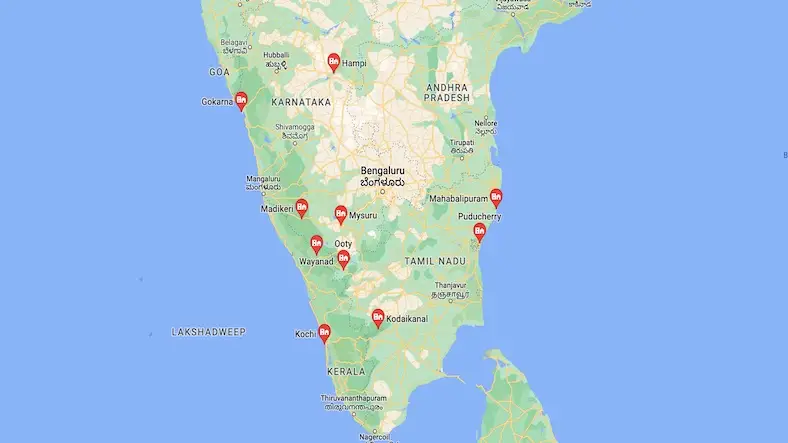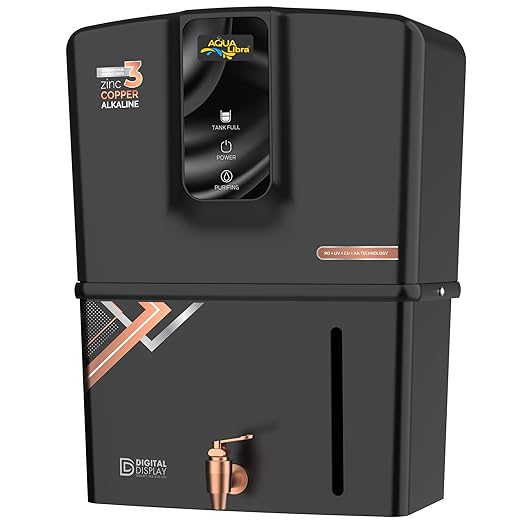Store Drupal logs on Amazon S3 via hook_watchdog, so that you can get rid of heavy logs on your drupal database and can later read from the S3.
For this todo on Drupal
- You should use the "hook_watchdog" hook, where this hook allows modules to route log events to custom destinations.
- In our case, our custom destination will be S3.
- Initially we need to get the access to AWS and appropriate S3 bucket.
- Store the connection configuration details of S3 buckets in the Drupal.
- In the hook_watchdog, read the S3 Auth configs.
- Create a connection to AWS S3, on success it return back with the S3 object.
- Check if any buckets exist to write the logs, of not you should create bucket on S3 for logs.
- Next, Create a log directory and log file, populate it with the data came on hook_watchdog.
- Next, Write to the S3 bucket with parameters which "putObject" expects.
- Next, Remove the log directory and file which is created in the process.
- Check the S3 bucket via S3 UI, you could see the logs
Here's the piece of code, via we log to S3.
watchdog( 'module_2', t('Info: Successfully completed.'), array($data), WATCHDOG_INFO);watchdog( 'module_3', t('Error: Issue while processing.'), array($exception, $data), WATCHDOG_ERROR); Here, the piece of code which helps to connect and write log's to S3.
\Aws\S3\S3Client;function audit_watchdog(array $log_entry) { // Set the modules which needs to be logged to S3 $modules = array( 'module_1', 'module_2', 'module_3', ); if (in_array($log_entry['type'], $modules)) { if(isset($log_entry) && !empty($log_entry)) { // Get the S3 config details $s3_config = variable_get("s3_config"); $s3_bucket = $s3_config→s3_bucket; $s3_region = $s3_config→s3_region; $s3_key = $s3_config→s3_key; $s3_secret = $s3_config→s3_secret; try { if (!empty($s3_bucket) && !empty($s3_region) && !empty($s3_key) && !empty($s3_secret)) { // Create AWS connection $s3 = create_aws_connection($s3_region, $s3_key, $s3_secret); if (!empty($s3) && is_object($s3) && $s3 != FALSE) { if ($s3→doesBucketExist($s3_bucket)) { $log_path = 'public://logs/to_aws'; // Create log directory $dir_path = create_aws_log_directory($log_path); // Create log file $file_path = create_aws_log_file($log_entry, $dir_path); // Get the name of log file $keyname = get_keyname_for_log_file($log_entry['severity'], $file_path); // Store the log file to S3 $s3→putObject([ 'Bucket' => $s3_bucket, 'Key' => $keyname, 'Body' => '', 'SourceFile' => $file_path, ]); // Remove the directory and file created if (is_dir($dir_path)) { rmdir_recursive($dir_path); rmdir_recursive('public://logs'); } } } } } catch (Exception $e) { // Exception is ignored so that watchdog does not break pages during the // installation process or is not able to create the watchdog table during // installation. } } }}function create_aws_connection($s3_region, $s3_key, $s3_secret) { $s3 = new S3Client([ 'version' => 'latest', 'region' => $s3_region, 'credentials' => [ 'key' => $s3_key, 'secret' => $s3_secret, ] ]); $buckets = $s3→listBuckets()→get('Buckets'); if (isset($buckets) && !empty($buckets)) { return $s3; } else { return FALSE; }}function create_aws_log_directory($log_path) { if (!is_dir($log_path)) { mkdir($log_path, 0777, true); chmod($log_path, 0777); } return $log_path;}function create_aws_log_file($log_entry, $dir_path) { $content = json_encode($log_entry); $log_file_name = $log_entry['type'] . '-' . date("Y-m-d-H-i-s") . '-' . preg_replace("/^.*\./i","", microtime(true)) . '.log'; $file_path = $dir_path . '/' . $log_file_name; $log_file = fopen($file_path, "w"); $write_log_file = fwrite($log_file, $content); $close_log_file = fclose($log_file); $chmod_log_file = chmod($file_path, 0777); return $file_path;}function get_keyname_for_log_file($severity, $file_path) { $watchdog_array = array( "0" => "WATCHDOG_ERROR", "1" => "WATCHDOG_INFO", ); return 'drupal-logs/' . $watchdog_array[$severity] . '/' . basename($file_path);}function rmdir_recursive($dir) { foreach(scandir($dir) as $file) { if ('.' === $file || '..' === $file) continue; if (is_dir("$dir/$file")) rmdir_recursive("$dir/$file"); else unlink("$dir/$file"); } rmdir($dir);} Advantage of having Logs on S3
- Reduce the number of DB log entries on Drupal database.
- Completely Keep the Audit system outside Drupal, So Prod instance will play smooth.
Cheers :)















